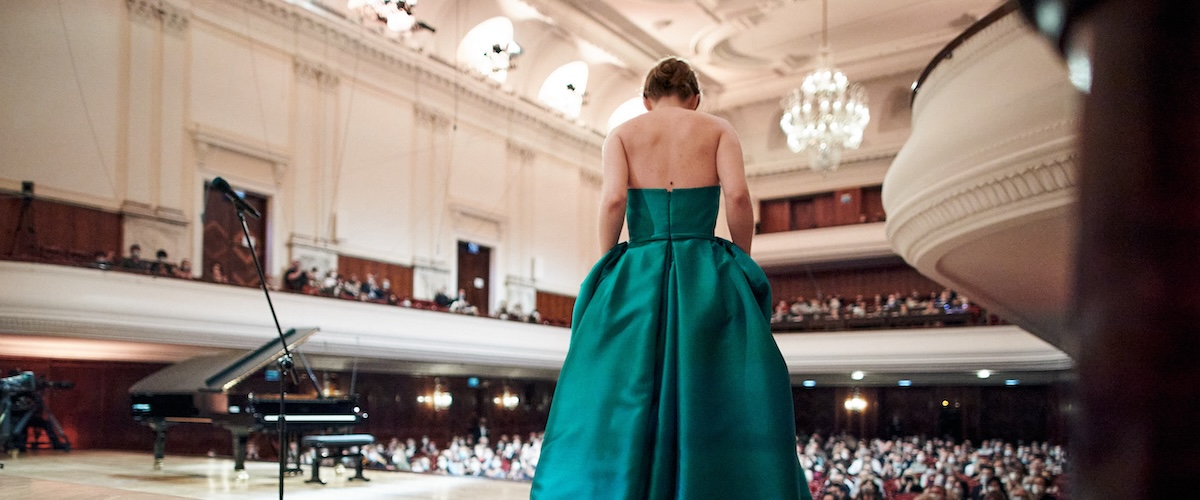
Now streaming on:
Competition can be brutal. And yet, when we think of blood, sweat, and tears shed for contests, sports are often the associated feat. Jakub Piatek’s immersive documentary “Pianoforte” outlines the Chopin Competition, the world’s most prestigious musical battleground. Taking place every five years in Warsaw since 1927, the Chopin Competition is carried out throughout four stages, with the eliminations occurring after the completion of each until a winner is announced. “Pianoforte” follows several young musicians participating, highlighting their incredible talent and the immense pressure they undergo to excel in their art form.
The Chopin Competition takes place over 21 grueling days, and Piatek effectively compresses the stress and stamina of those hours into about 90 minutes of runtime. The pacing of “Pianoforte” hops and skips between quick cutting montages of the pianists in performance, their fingers expertly and vigorously striking keys, music thunderously occupying the sequences, and slow-moving long takes of nerve-wracked musicians fidgeting, pacing, practicing, and ruminating over minute details with their maestros. The spirit of competition, in both its heart-racing fulfillment and overwhelming drolls of anticipation, is felt in the thoughtful execution of “Pianoforte.”
Yet the human aspect of the film isn’t neglected. Though the judges score these kids on skills and technique alone, Piatek’s lens takes a further interest in them individually. The young pianists have a varied attitude towards their art forms; some possess immeasurable drive motivated by passion, and others truck forward with an almost indignant devotion. Some lament being forbidden from participating in sports, as their parents deem it a “vulgar” activity, while others declare their desire to relax and play video games. Leonora Armellini, a young musician from Italy, jokes that the winning pianist may have to put the prize money into therapy. And so, while “Pianoforte” is a document of youthful ambition and the intense work ethic of classical music’s up-and-comers, it also functions as a coming-of-age film.
Similarly diverse are the relationships between the competitors and their instructors. “Pianoforte” examines many pianists but focuses largely on Eva Gevorgyan, from Russia, and Hao Rao, from China, likely because their personal dispositions and student-teacher dynamics are quite disparate. Eva’s instructor is the prototype of a tough love, all-business approach. She applies pressure, interrupts Eva’s playing with loud claps to signify mistakes, and when Eva becomes emotional, tells her to do it away from cameras, to act happy, and to cry at home.
Meanwhile, Hao’s maestro is nurturing and gentle, even motherly, as she states that since teaching him from a very young age, she feels that she’s raised him. They share laughs amidst critiques, and when Hao sheds tears, he receives rubs on the back and reassuring words.
There’s no underlying statement as to which approach “works,” nor is there a villainization or pedestalization of either instructor. Considering that both pianists are among the best in the world at their age, the documentary highlights these differences only to showcase a full picture as the camera allows us a peek into the world of becoming a great. If “Pianoforte” is marked by anything, it’s admiration for the young virtuosos who climb the mountain of mastery, devoting their lives to their craft so early on. Despite hours of taxing rehearsals, sleepless nights, sore hands, and exhausted spirits, Piatek’s film dotes on their insatiable drive and the beauty that these musicians have confidently claimed their purpose even with so much life to live.
The documentary is gripping in its humanist acclaim for the pianists and its voyeuristic eye for the grit and glory of their torturous ambition. Though the judges sidestep appreciations of passion for more quantifiable metrics of the art form, “Pianoforte,” by showing the unsparing pressures they face within and without, is a testimony to the spiritual excellence and resilience of its wunderkind subjects.
Now playing in theaters.
Peyton Robinson is a freelance film writer based in Chicago, IL.

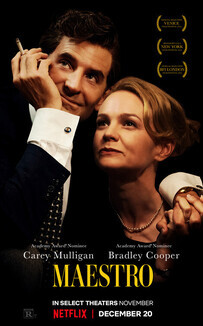
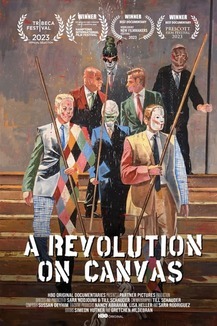
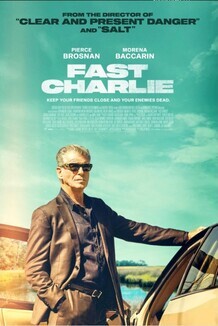
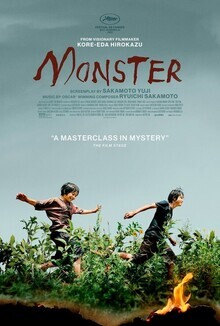

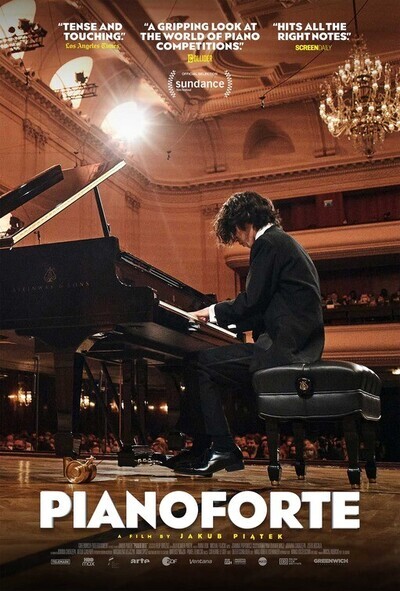
91 minutes